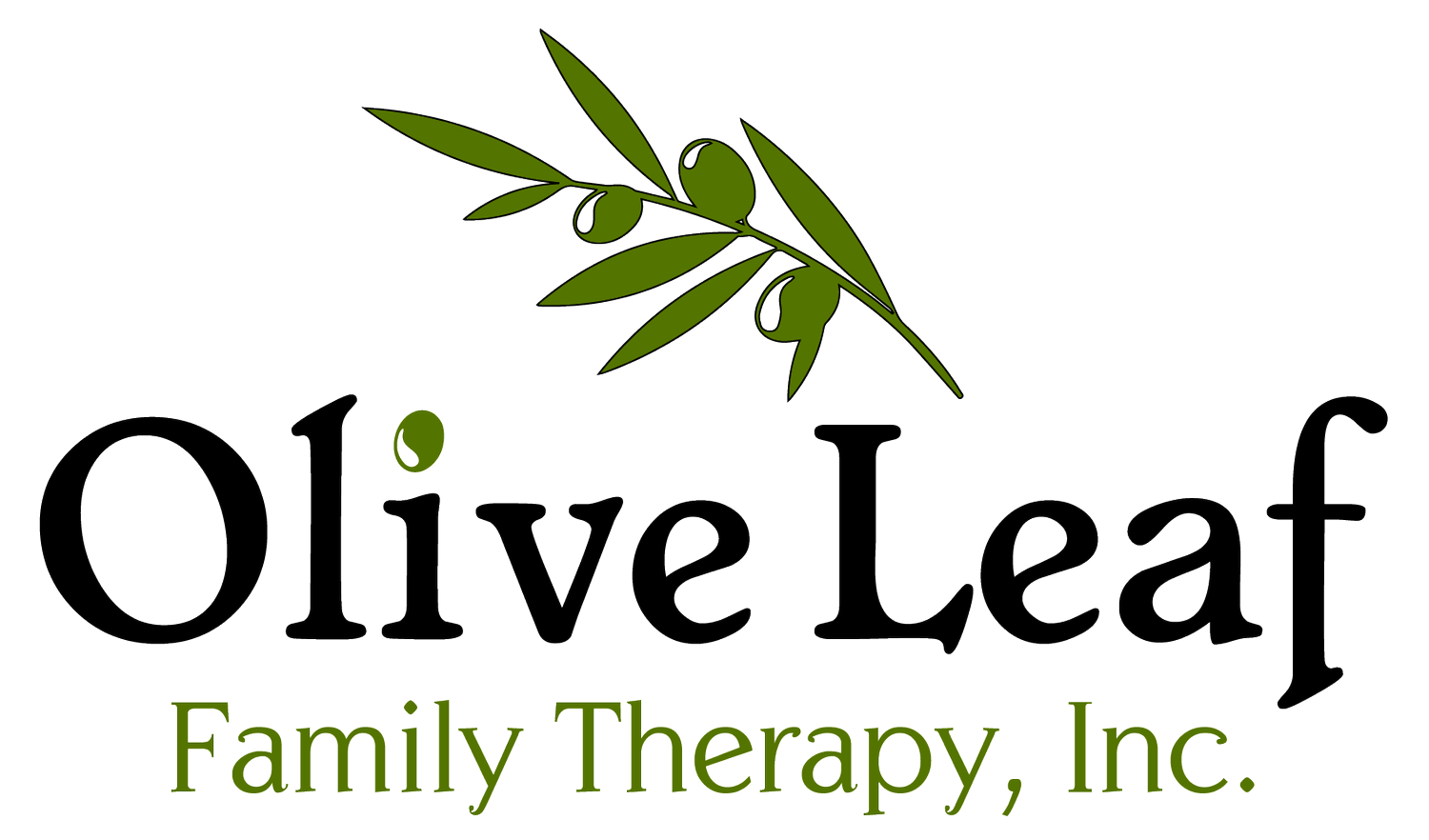Treatment Methods: Emotionally Focused Therapy
Emotionally focused therapy is a therapeutic approach that helps people understand and work through their emotions. It is often used to help people who are in relationships, as it can help them to better understand their emotions and the emotions of their partner. In this article, we will take an in-depth look at EFT, how it can help people, what it seeks to do, how it actually works, and who might benefit from this form of therapy.
What is Emotionally Focused Therapy and what does it entail?
Emotionally focused therapy, or EFT, focuses on the emotions that are related to relationships and attachment/bonding. It was developed in the 1980s by Sue Johnson and is based on the theory that the most important thing for humans is their relationships. It aims to help people understand and resolve emotional problems that are affecting their relationships.
An EFT therapist helps their clients connect their behavior to dynamics in their home lives. This helps them identify more honest feelings and emotions that they can then address through new conversations and interactions. To do this, the client(s) and therapist will work together to explore their current emotional issues and uncover any hidden feelings or emotions they may have.
This may unearth deeper sentiments and vulnerabilities that have been obscured by the more obvious feelings shown in their present connection. The client will learn how to communicate these emotions in a way that allows them to connect, rather than disconnect, with their partner or family member. New strategies for listening and remaining attuned to another's feelings will be discovered, as well as more appropriate ways to react to emotional circumstances.
What are the benefits of emotionally focused therapy?
One of the key benefits of emotionally focused therapy is that it helps improve relationships. It can help identify and address the underlying emotional issues that are impacting a relationship. It can also help to strengthen the bond between partners.
Emotionally focused therapy has been found to be effective in helping couples who are struggling with issues such as anger, resentment, and defining communication problems. The therapy can help to identify the negative cycles that are happening in the relationship and the emotions that are attached to these interactions. The therapy can help reframe problems so that unacknowledged emotions and unmet needs are revealed.
It then helps to increase intimacy and closeness between partners by creating a more emotionally secure attachment bond between them, which will lead to a more positive and satisfying relationship.
What are the goals of emotionally focused therapy
There are many goals of emotionally focused therapy, but the main goal is to help the couple repair their relationship. Emotionally focused therapy focuses on the emotions and the emotional responses that couples experience and how those emotions affect their relationship. The therapist will help the couple understand their emotions and how they are affecting their relationship. This can help the couple work through their issues and repair their relationship.
Other goals of emotionally focused therapy include helping the couple create a more secure attachment bond, improving forms of communication such as interpersonal communication, written communication and how to communicate effectively as well as resolving conflict. In doing so, therapy can help you to feel safe and secure in sharing your feelings with each other, and can help you understand and honor the feelings of the other person. All of these goals can help improve the overall health of the relationship.
How does emotionally focused therapy work
EFT is a form of therapy that focuses on the present moment in order to produce changes. Here are the three main stages of EFT:
The first stage, known as Deescalation, is to alert the couple or family members to their negative cycle of interactions and assist them in seeing and comprehending what is going on in their relationship. Clients tend to discover that the issues lie in their fears and unacknowledged feelings which result in emotional distance.
The next stage is called Bonding, and in it clients learn to restructure their interactions so that they can discuss their feelings openly without pushing the other away. Clients learn how to turn toward each other and discuss their needs, becoming more open and responsive in the process.
During the final stage of EFT, or Consolidation, the therapist will provide encouragement and support.. The therapist points out to the clients how they were able to change their negative interaction cycles and helps the clients make a plan to continue the positive interactions after therapy.
Who should consider seeking out emotionally focused therapy?
The answer to this question is not a simple one, as there are many factors that can play into whether or not emotionally focused therapy is the right choice for someone. Traditionally, EFT has been known as a couples’ therapy, however, it has been adapted to treat families as well as individuals.
If you are experiencing problems in your relationship, emotionally focused therapy may be able to help. If you are considering emotionally focused therapy, it is important to talk to a therapist about your specific situation and see if this type of therapy is a good fit for you.
Emotionally focused therapy is a proven form of therapy that helps relationships. It can be very beneficial for those who are struggling, whether it be with a partner, family member, or friend.
At Olive Leaf Family Therapy, we are mental health professionals who take pride in providing emotionally focused therapy. We have therapists who have completed specific training in treating couples and most of our therapists have completed Externship and Core Skills 1, 2, 3, and 4 Training in Emotionally Focused Couples Therapy. If you are struggling in your relationships, emotionally focused therapy may be a good option for you and may be able to help build a foundation for a healthy future together.

